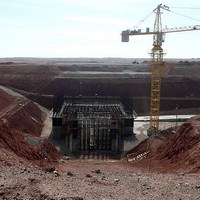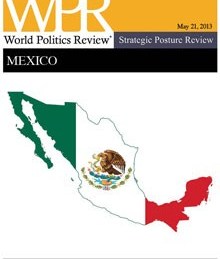
On June 26, Mongolians will go to the polls to elect their next president, with incumbent Tsakhia Elbegdorj predicted to return to office with a renewed mandate. His principal challenge comes from B. Bat-Erdene, who maintains a strong base of populist support in Mongolia’s rural areas. The third candidate, Natsag Udval, is a staunch supporter of former President Nambar Enkybayar, currently serving a two-and-a-half year jail term on corruption charges. According to Julian Dierkes, a Mongolia expert at the University of British Colombia, Udval is unlikely to gain more than 5 percent of the vote, but her candidacy is noteworthy […]





